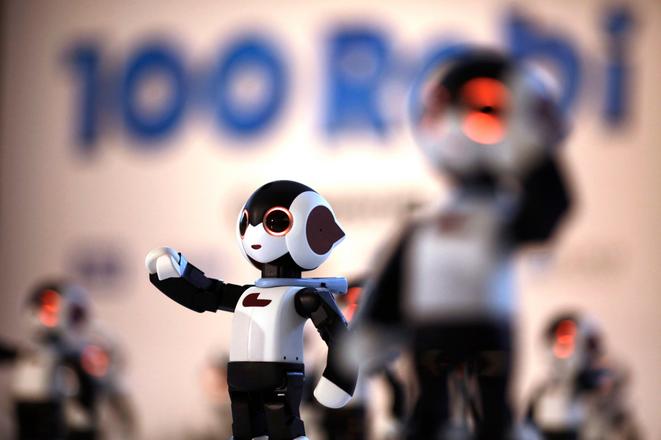Martin Spano is the author of Artificial Intelligence in a Nutshell, a book that explores the mystified subject of artificial intelligence (AI) with simple non-technical language. Spano’s passion for AI began after he watched 2001: A Space Odyssey, but he insists this ever-changing technology is not just a subject of sci-fi novels and movies; artificial intelligence is present in our everyday lives.
The story of Prometheus and Epimetheus
In a classical Greek myth, Zeus, king of the gods, orders Prometheus and his brother Epimetheus, also gods, to create all creatures on earth. Each animal should have at least one unique ability so that it can survive and prosper. Epimetheus, being rash and impulsive, quickly created many animals, giving each of them one skill at a time. Some beings could fly. Others were able to swim. Some of them possessed swiftness, others strength. Prometheus, being wise and thoughtful, processed slowly and carefully, creating a man from clay. He shaped the man on the image of the gods, being able to walk upright so that he might observe the heavens. However, when finished, Prometheus finds out that Epimetheus distributed all the abilities and there is nothing left for the humans. While other creatures possess speed, strength or a warm coating, man remains naked, slow and weak. Facing the problem of the survival of his creation, he does something heretical - he gives the man the only thing he is forbidden to hand over - fire. When Zeus finds out about his betrayal, he punishes Prometheus by chaining him to the mountain where each day an eagle eats his liver alive, whereby at night, his liver grows again to its full size. Prometheus suffers for eons until finally being saved by Heracles, another Greek mythical hero.


